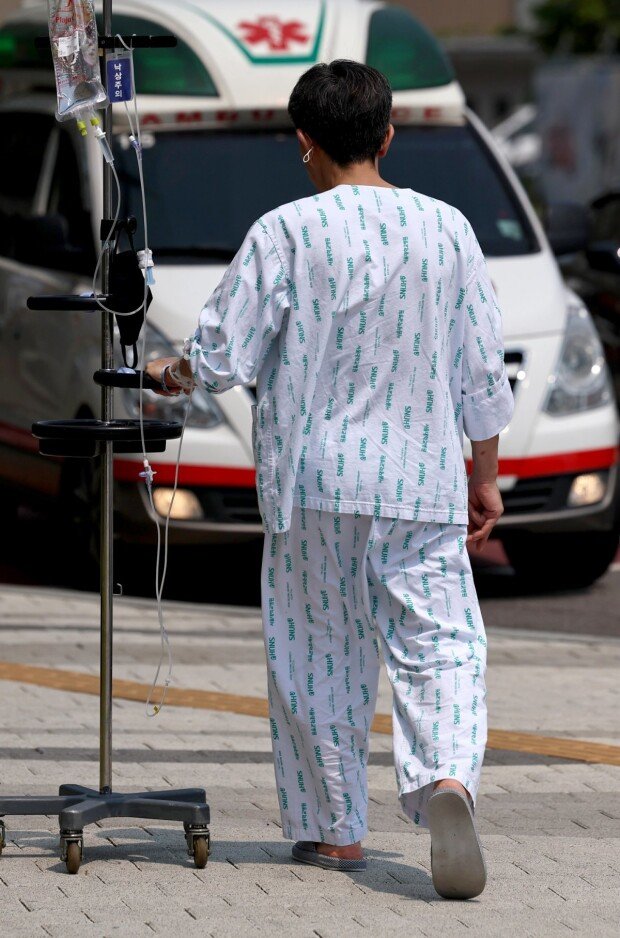Gov’t orders local clinics to continue to provide medical care
Gov’t orders local clinics to continue to provide medical care
Posted June. 11, 2024 07:55,
Updated June. 11, 2024 07:55

With the Korea Medical Association preparing for an all-out strike next Tuesday, the South Korean government has mandated that physicians operating local clinics and hospitals must continue to provide medical care and promptly report any office closures. The tension between doctors and the government is escalating, particularly as professors at major university hospitals have expressed their intent to join the strike, with some even considering indefinite closure, including those at Seoul National University College of Medicine.
“In accordance with the Medical Service Act, physicians have been directed to maintain medical care and report any office closures,” stated Minister of Health and Welfare Cho Kyoo-hong during a meeting of the Central Disaster and Safety Countermeasures Headquarters on Monday. “These measures are the bare minimum required to safeguard people’s lives and health in response to the medical community’s all-out strike.”
The government ordered physicals to report by Thursday in case local clinics and hospitals need to close their business next Tuesday due to unavoidable reasons. If more than 30 percent of clinics and hospitals report closing their offices within a city or a province, local clinic physicians will be ordered to keep their businesses open. The government will also review whether the Korea Medical Association violated the Monopoly Regulation and Fair Trade Act because the association’s announcement of an all-out strike restricts competition between clinics and hospitals. Meanwhile, Park Yong-eon, the association's vice president, said he would be the one going to jail and urged others not to make a shameful choice.
The government did not give an administrative order to medical professors and repeatedly encouraged them to engage in conversation. “We are in discussions with the emergency response committee of Seoul National University’s medical school and hospital and setting up a meeting to address the current situation,” said a Ministry of Health and Welfare member.
Meanwhile, Deputy Prime Minister and Education Minister Lee Ju-ho met with the president and vice presidents of eight universities in Seoul that have medical schools and asked them to set up a consultative group with 32 universities whose student numbers at medical schools increased to cooperate with the government. Some presidents of universities in Seoul refused to join a consultative group.
조유라 jyr0101@donga.com







